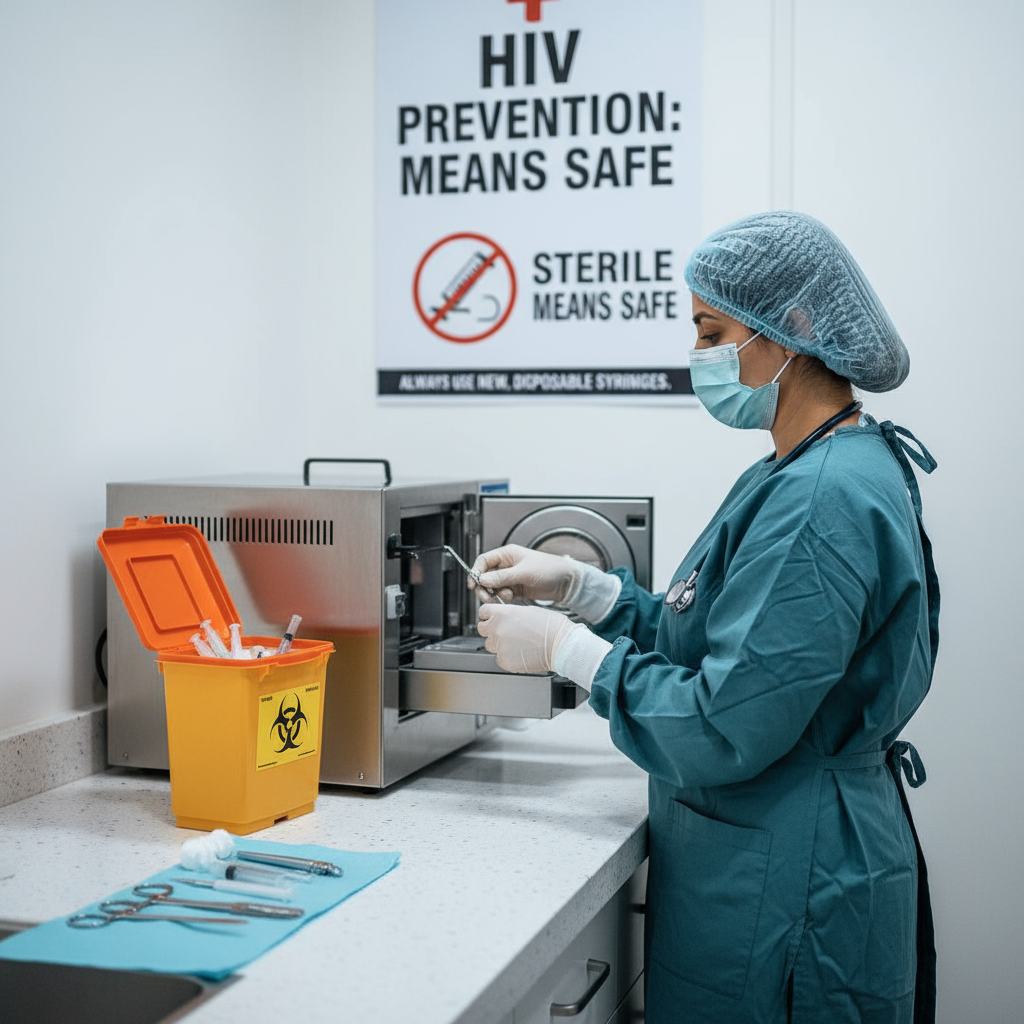Art is more than a form of expression—it may also serve as a valuable public health tool. A new international study, commissioned by the Jameel Arts and Health Lab, reviewed nearly 100 research projects across 27 countries to assess how arts activities such as dance, music, theater, storytelling, and gardening can reduce the risk of non-communicable diseases like heart disease, cancer, and diabetes. These conditions are responsible for 74% of preventable deaths globally, making the findings especially significant ahead of a World Health Organization meeting on disease prevention.
Lead author Jill Sonke, Ph.D., director of research initiatives at the UF Center for Arts in Medicine, emphasized the need to shift focus from treatment to prevention. “We don’t want to just treat these diseases, we want to prevent them,” Sonke said. “We would love to see funding and interventions move upstream from treatment toward prevention, and the arts should be part of that prevention strategy, because they really can help.” Alongside Michael Tan, Ph.D., from the University of the Arts Singapore, Sonke led the analysis of 95 studies involving more than 230,000 participants. The results were published in Nature Medicine and supported by partners including New York University and the State of Florida Division of Arts and Culture.
The research highlights how creative activities make health messages more engaging and sustainable. “If we are serious about reducing the global burden of non-communicable diseases, we must treat the arts as essential to public health infrastructure,” said Nisha Sajnani, Ph.D., professor at NYU Steinhardt. By embedding cultural activities into communities, researchers found participation in healthy behaviors increases, equity gaps narrow, and prevention strategies become more effective.
While more evidence is needed, especially in low- and middle-income countries, the findings suggest arts-based interventions could play a crucial role in global health strategies. From local dance groups to community gardening projects, creative engagement may offer scalable, cost-effective solutions that encourage healthier lifestyles and long-term disease prevention.
Arts Programs Could Help Prevent Major Diseases, Global Study Finds






